Cachapas and Identity Crises
Meet Fran, a Spanish-Venezuelan living in Bulgaria
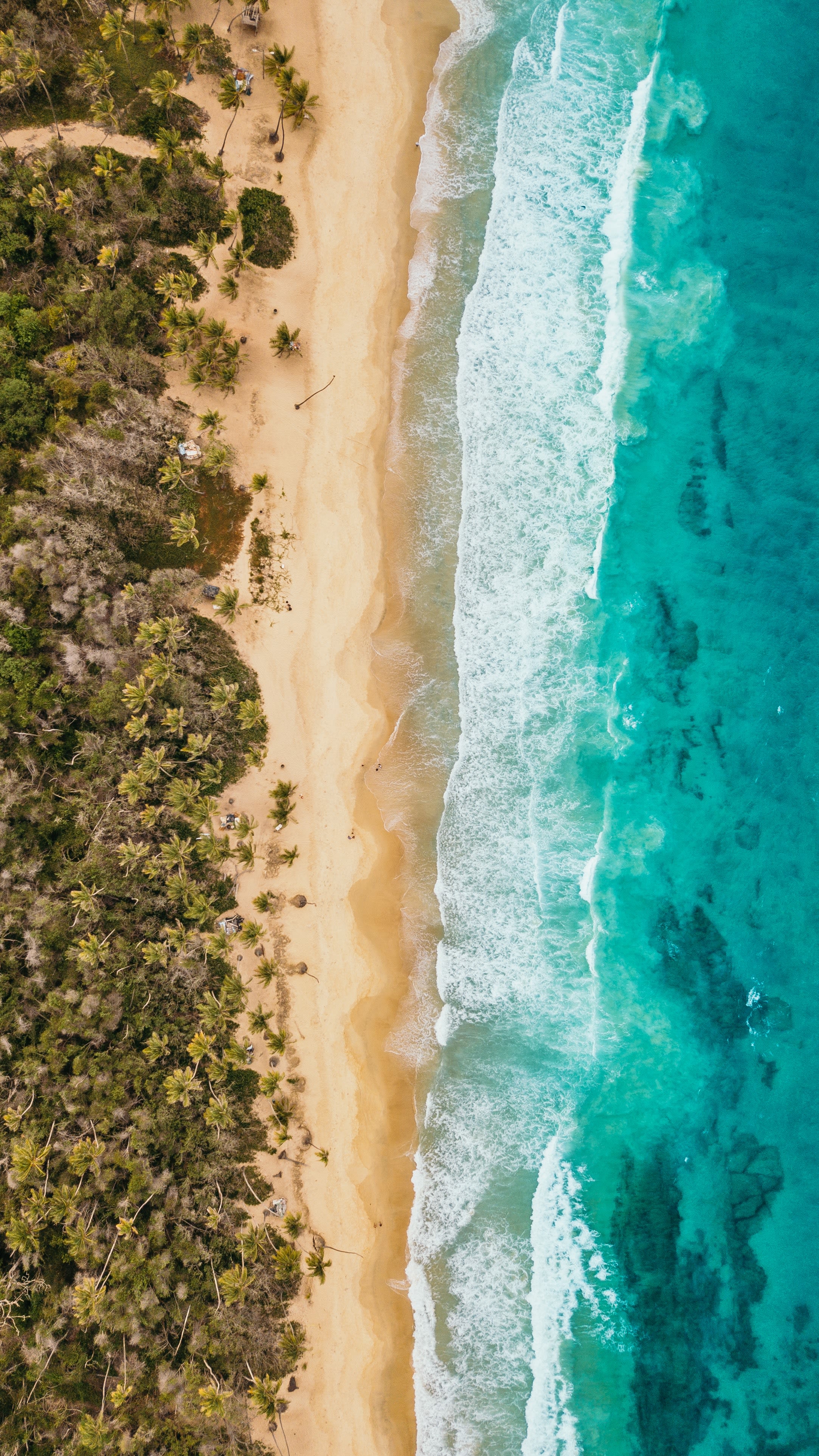
He’s taller than he appears in photos. He chuckles mildly, “Yes, I get that a lot. People hear Venezuelan–Spanish and imagine I’d be short.”
He’s dressed in dark colors; his winter jacket zipped all the way up. It’s obvious that he’s having a hard time getting used to the Bulgarian winter cold.
Francisco Javier Fontán Mármol or Fran, as his friends call him, was born in Caracas in 1997. The question “Where are you from?” makes him sigh. “I was born in Venezuela, but I was raised in Spain, I returned to Venezuela where I spent my adolescence and after that back to Spain and now, I’m in Bulgaria.” He often jokes that he’s in a constant identity crisis.
La Familia
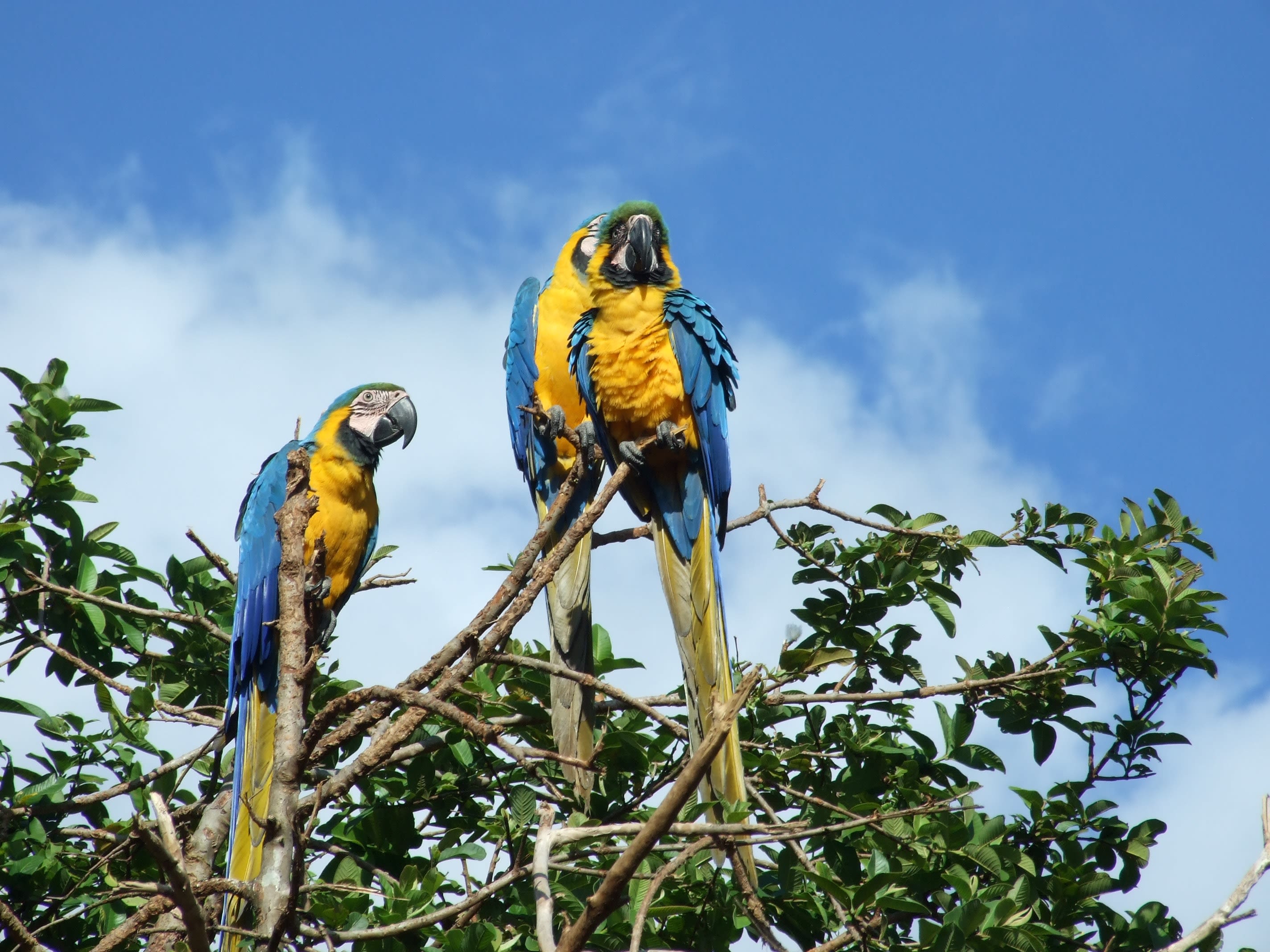
Fran’s maternal great-grandmother was an indigenous Venezuelan. At 14, she got married off and two years after the wedding, she escaped to Caracas. She stole from the ranch 2 peones and some horses and started her new life. “Maybe from her, I get some of that rebellious spirit,” Fran laughs.
His maternal grandfather is Venezuelan from a Canary Island family. His maternal grandmother – Spanish-Venezuelan. His paternal grandparents were both Galicians who emigrated to the New World, which was back then full of opportunities. His grandma was a seamstress, his grandpa was a sailor. As luck would have it, they ended up in Venezuela, but throughout the years they would keep moving back and forth between countries.
Fran’s father’s biography is nearly identical to his. He was born in Venezuela and when he was 4 years old, he moved to Spain. Just like his son, until he turned 13, he lived in Spain, then returned to Venezuela but came back to Spain with the intention to study in Santiago, Galicia. He soon realized that the environment in Galicia at the time wasn’t the best for him: Colombian drugs had started heavily entering Europe through the Atlantic and the ports of Galicia in the late 80s. So, he returned and met Fran’s mother.
“My dad was always excessively romantic,” Fran says. “He’d show up with a plush toy and flowers and my mom was, like ‘But what is this?’ I don’t know what he did, but she ended up falling for him.” She was shot with a Cupid’s arrow. The couple married in 1996 and had their first son in 1997. Four years later, Fran’s middle brother was born. “For a long time, I’d been telling my parents “I want a brother, I want a brother, I want a brother”.” Finally, his wish came true. And another wish of his was fulfilled – to board a long flight.
The First Move
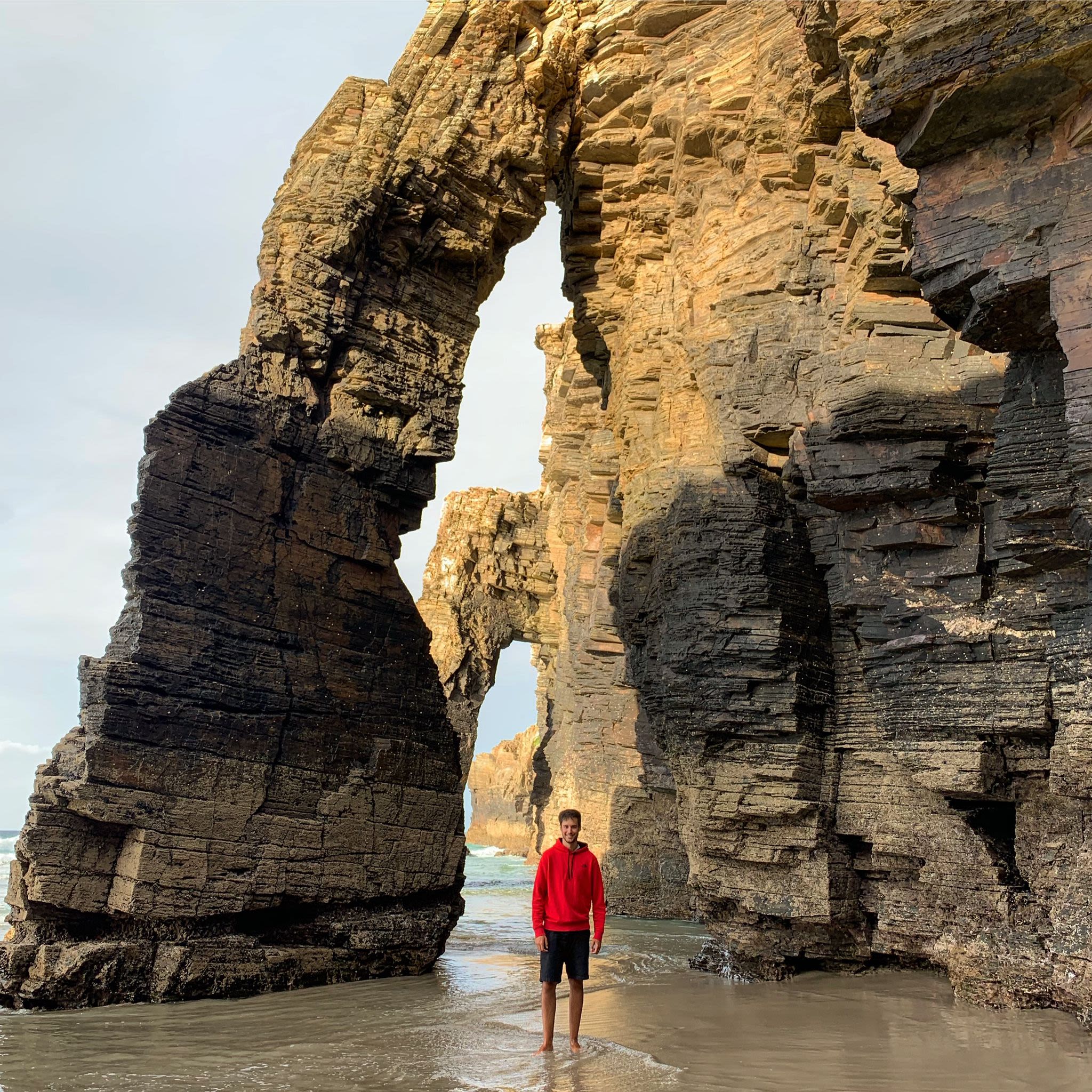
Two months after his brother was born, the whole family moved to Galicia, Spain. Hugo Chávez had been elected and there was a lot of “phycological terror”, as Fran describes it. Political instability. Leading the country was now an ex-political prisoner who staged a coup d’état, was imprisoned, then pardoned, and practically became a dictator. Crime and corruption were on the rise. But the straw that broke the camel’s back was a single bullet Fran’s father found in the bars of their balcony railing. The balcony where his sons would play.
They packed all their things, sold the apartment and the car, left the family company to Fran’s uncle, and left without any intention to come back. Fran’s grandparents also moved. A few months earlier his grandmother had been held at gunpoint, while some robbers were trying to steal his father’s watch. This was the second time he had been robbed. His grandfather was also robbed a couple of times.
So, the whole family moved to Galicia and opened a clothing factory there. For a few months, they lived near the factory with the intention to move to Santiago when the kids grew older. Finally, they settled down in Pontevedra, a small family-friendly town on the shore of the Atlantic. Little Fran, who always loved the beach, was overjoyed.
The Adaptation
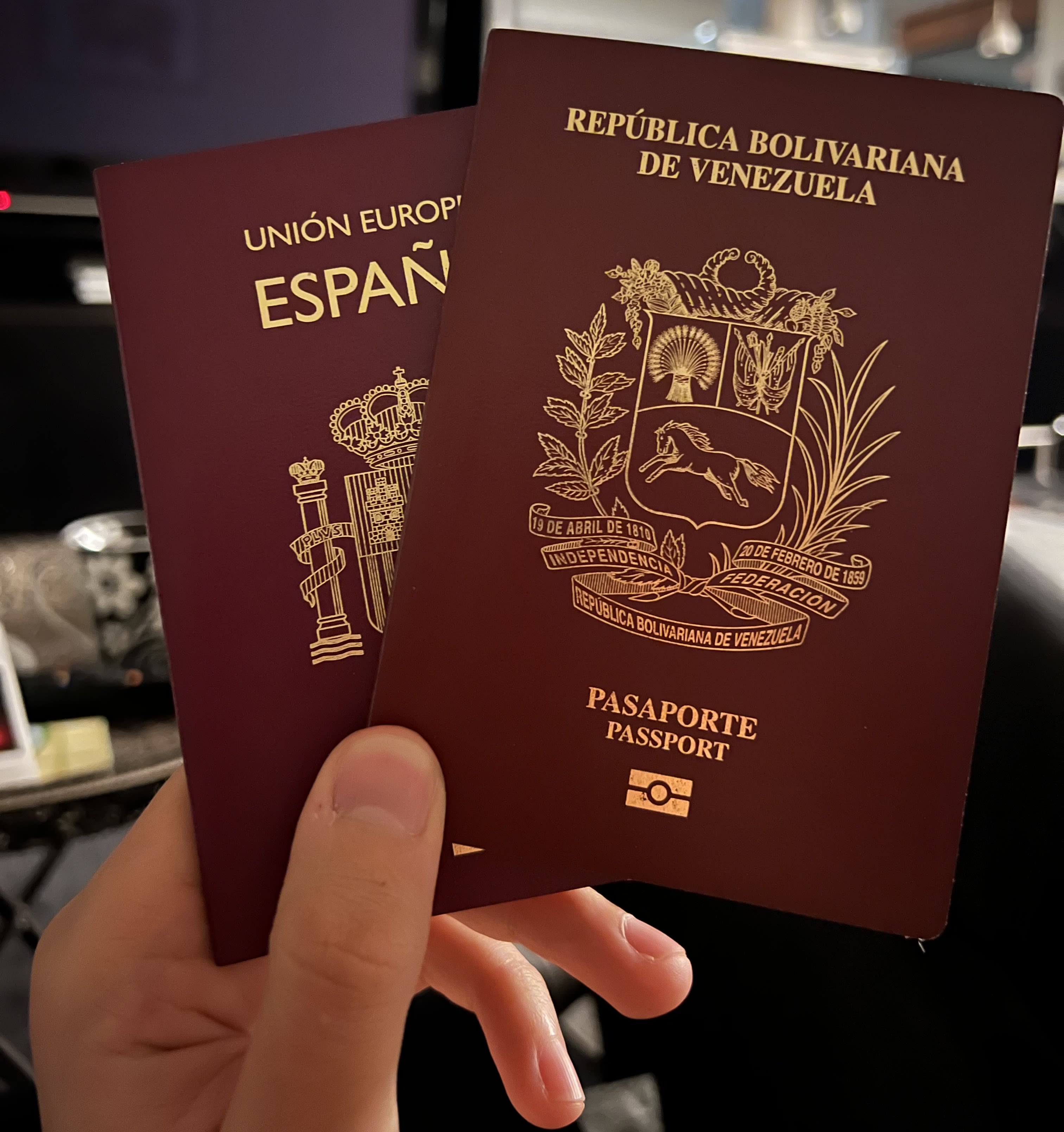
The adaptation process was easy for him. “Between Venezuela and Spain, it’s like moving from the bedroom to the living room. You don’t feel it as such a great change. You see it as your home.” Fran spoke Galician and grew up in an environment he describes as more “European”. Or Galician at least. So, he didn’t have a hard time adjusting to the Spanish way of living. He did have to adjust, however, to the Spanish language.
A week after arriving, Fran was attending preschool and his teacher said that they were going to use the ordenadores. “All the kids started shouting, ‘ordenadoooores, ordenadooores’ and I was stuck there, looking to one side, looking to the other, wondering what these lunatics were saying. The teacher asked me, ‘Are we going to the ordenadores?’ and I said, ‘Yes?’ We entered the room, and what do I see? Jesus, it’s a computadora!” A computer.
The differences in vocabulary between Spain and Latin America were both a pro and a con for Fran. He stood out from the crowd – but also, he found his first friend. “Later I was telling one of my best friends, Rodrigo, that in Venezuela we call it computadora and he was like, ‘Que?’ That the underpants (calzoncillos) we call interiores, the socks (calcetines) are medias, and the earrings (pendientes) are called zarcillos. He was in awe.”
Sometimes he talks like a Spaniard, other times he uses the seseo – a typical Latin American language feature where the sound th as in “teeth” is pronounced as the s in “hiss”. He mixes phrases from all over the world, his accent changing every now and then. With his cousins, he speaks using ustedes, something that in Spain would be considered an extremely formal way to say “you”. When he came back to Venezuela, people referred to him as “the Spaniard”. His Spanish friends sometimes don’t understand what he’s saying.
I’m from here but I’m not from here or I’m from here but I’m also from there.
The Grown-Up Fran
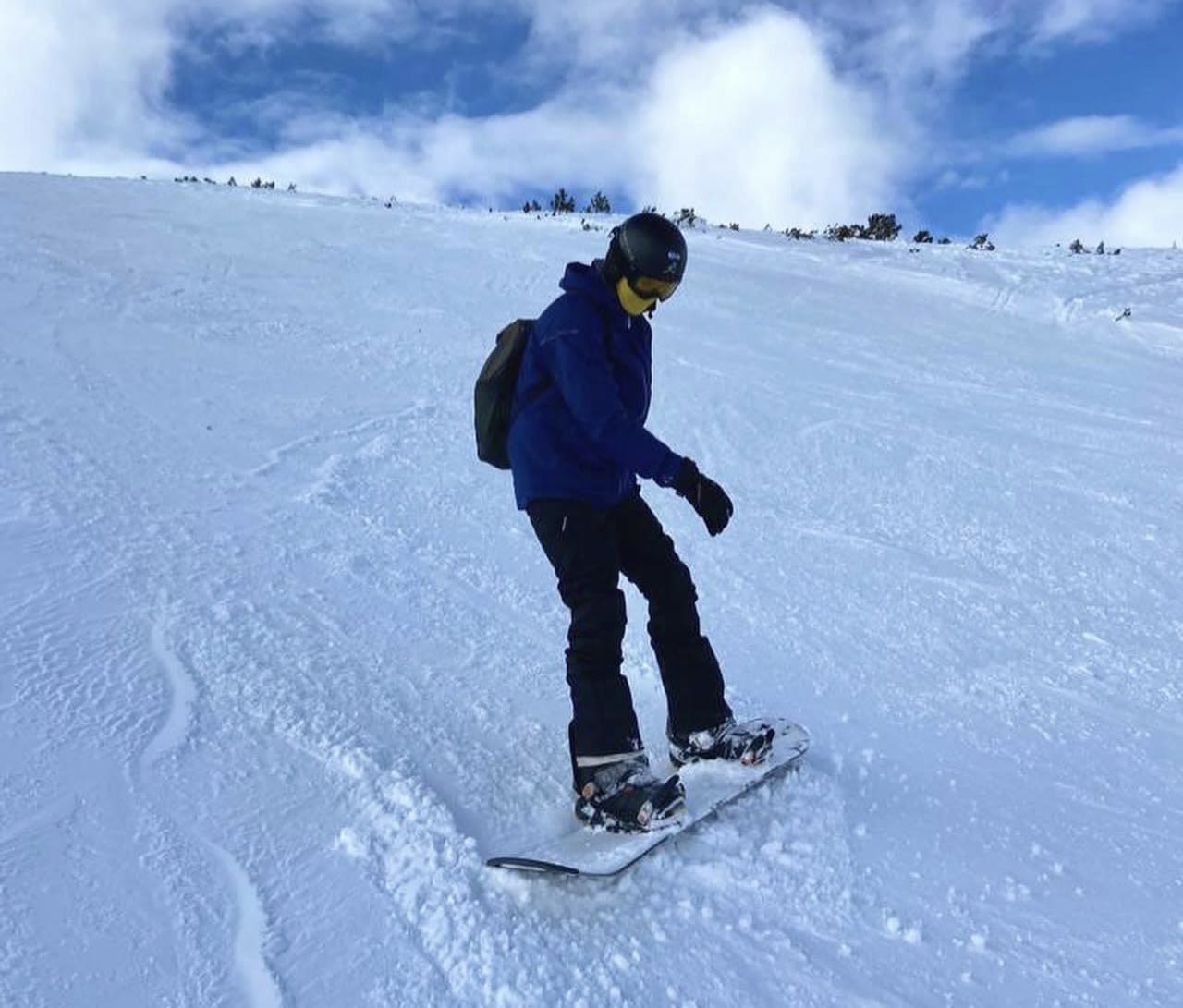
We’re in his kitchen in gloomy Sofia. He’s making cachapas – typical Venezuelan corn cakes, while we’re listening to his playlist called “Latin blood”. The grown-up Fran is a foodie. He appreciates seafood – both from Venezuela and from Galicia. He is also a Real Madrid fan and listens to the Catalonian duo Estopa.
Every time he moves to a new place, it takes him two weeks to adapt. And what he likes the most about it is that “it’s an adaptation maintaining things from myself”. He doesn’t have plans to go back. “I don’t want to return to a place where I’d have to worry about hiding my phone when I do out on the street, or I’d have to not wear my watch or be afraid every time I stop at a traffic light and a motorcycle comes next to the car. Now I appreciate a lot more the tranquility of walking down the street at whatever hour of the night without thinking constantly that they’ll rob me.”
In the short term, he’s planning to stay in Sofia. He says he likes it here and even though only six months have passed since he first came, he feels as if it’s been much longer. “I feel like I got used to it very quickly. I can now make my way around the city, and I even used the Bulgarian Railway Service and survived,” he jokes.
This article is part of the Second-Generation Spaniards: A Collection of Stories project.
It was created as a Journalism and Mass Communication Capstone Project at the American University in Bulgaria. The academic supervisor is Professor Laura Kelly.

